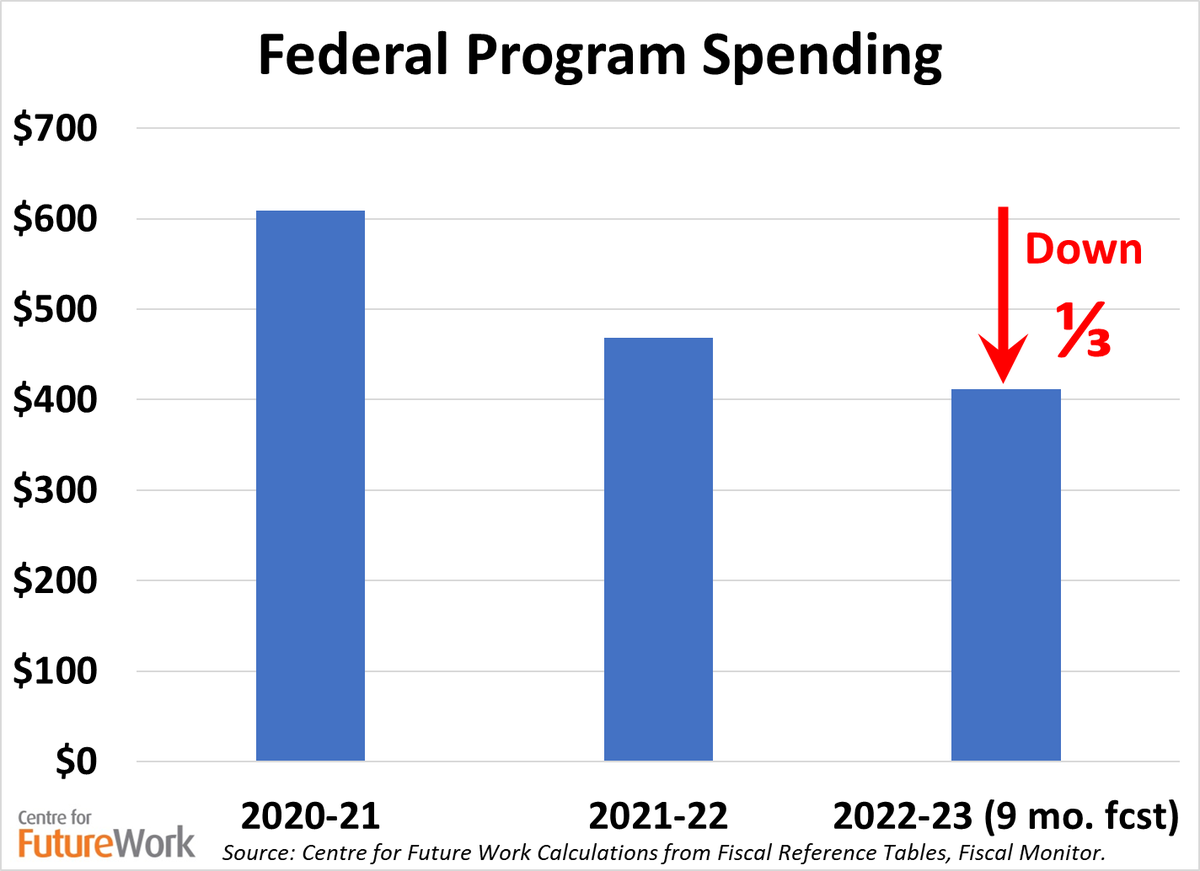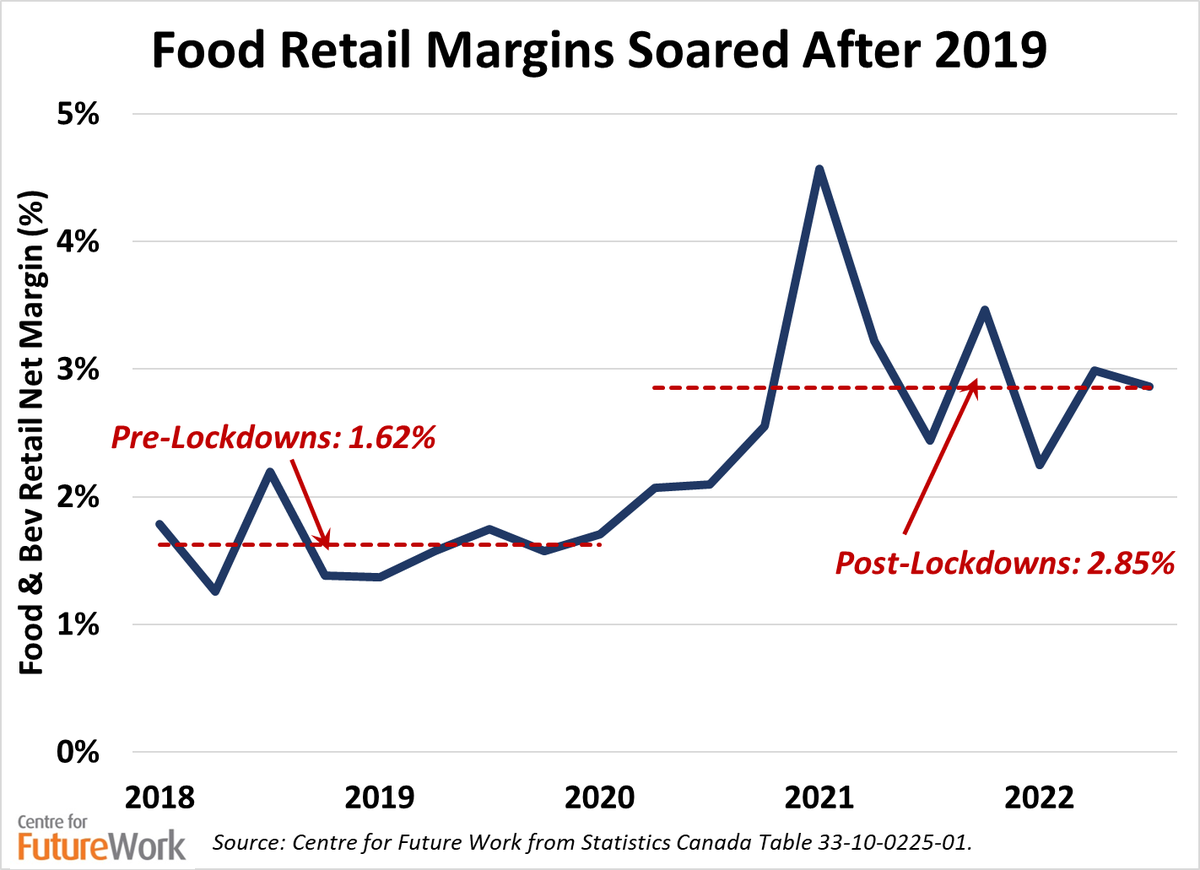Pretty ironic to see the Bank of Cda cite the (slight) April increase in year/year CPI (from 4.3% to 4.4%) as part of the rationale for today's 8th interest hike. Let's refresh their memories as to the *causes* of that uptick, from the StatsCan release: www150.statcan.gc.ca/n1/daily-quoti… /2 

The April uptick in yr/yr CPI was mostly due, StatsCan reported, to higher rents & mortgage debt charges. Both of those are direct effects of *higher* interest rates. Mortgage debt (3% of the CPI bundle) is skyrocketing. Rents are a bigger weight (6.57%), also growing fast. /3 

Rents grow because of higher int. rates cuz:
* People can't afford a house, so turn to renting.
* Landlords charge more to cover their own debt charges.
High interest rates are crushing new housing supply (both to-own & to-rent), so the surge in housing costs will get worse. /4
* People can't afford a house, so turn to renting.
* Landlords charge more to cover their own debt charges.
High interest rates are crushing new housing supply (both to-own & to-rent), so the surge in housing costs will get worse. /4
So the Bank of Canada is effectively saying: “Inflation got worse last month (because of higher interest rates), so we’re going to increase interest rates again.” Pretty scary when life starts to imitate the Beaverton:
https://twitter.com/TheBeaverton/status/1666490115877658646#cdnecon
• • •
Missing some Tweet in this thread? You can try to
force a refresh

 Read on Twitter
Read on Twitter











